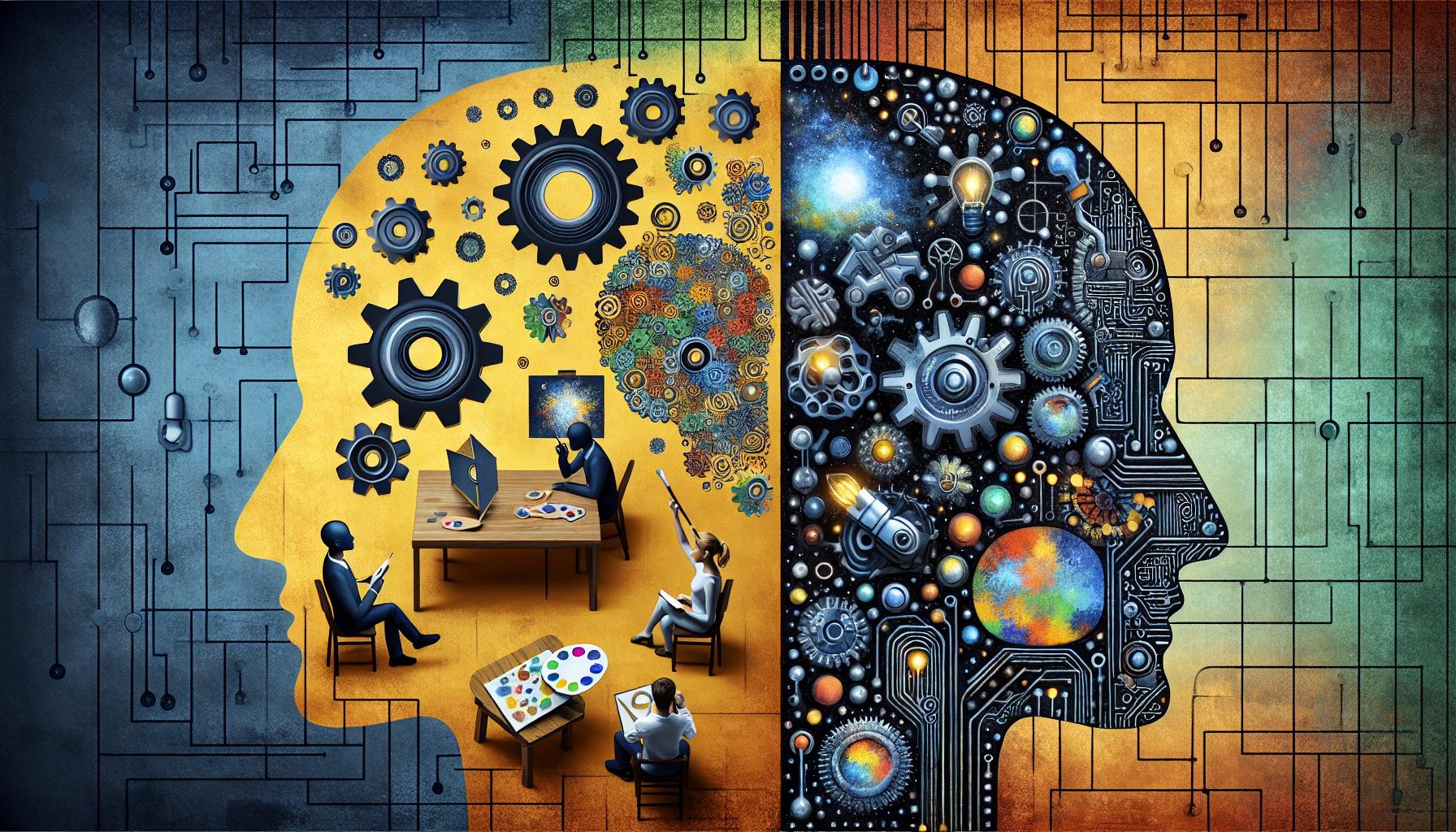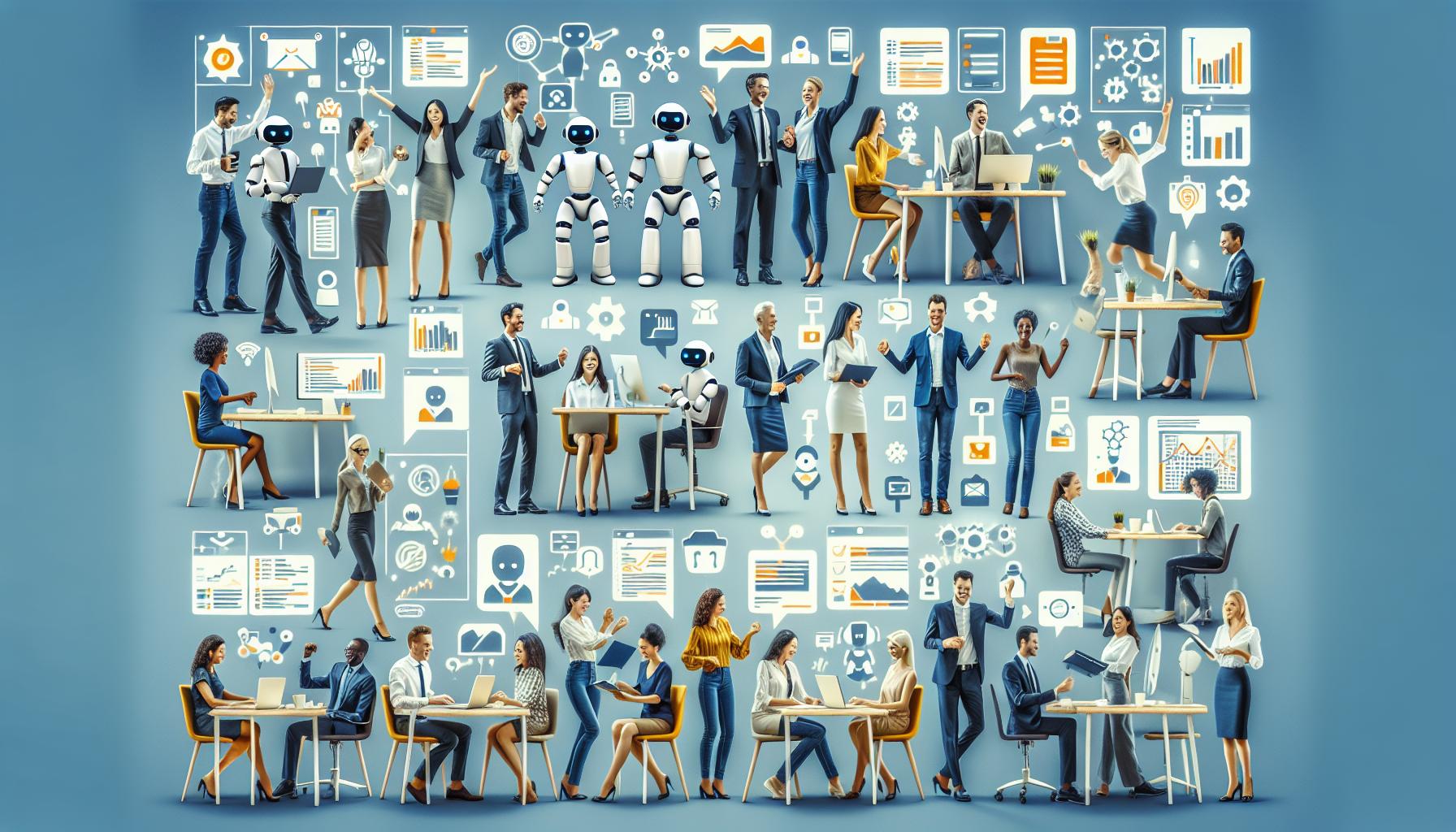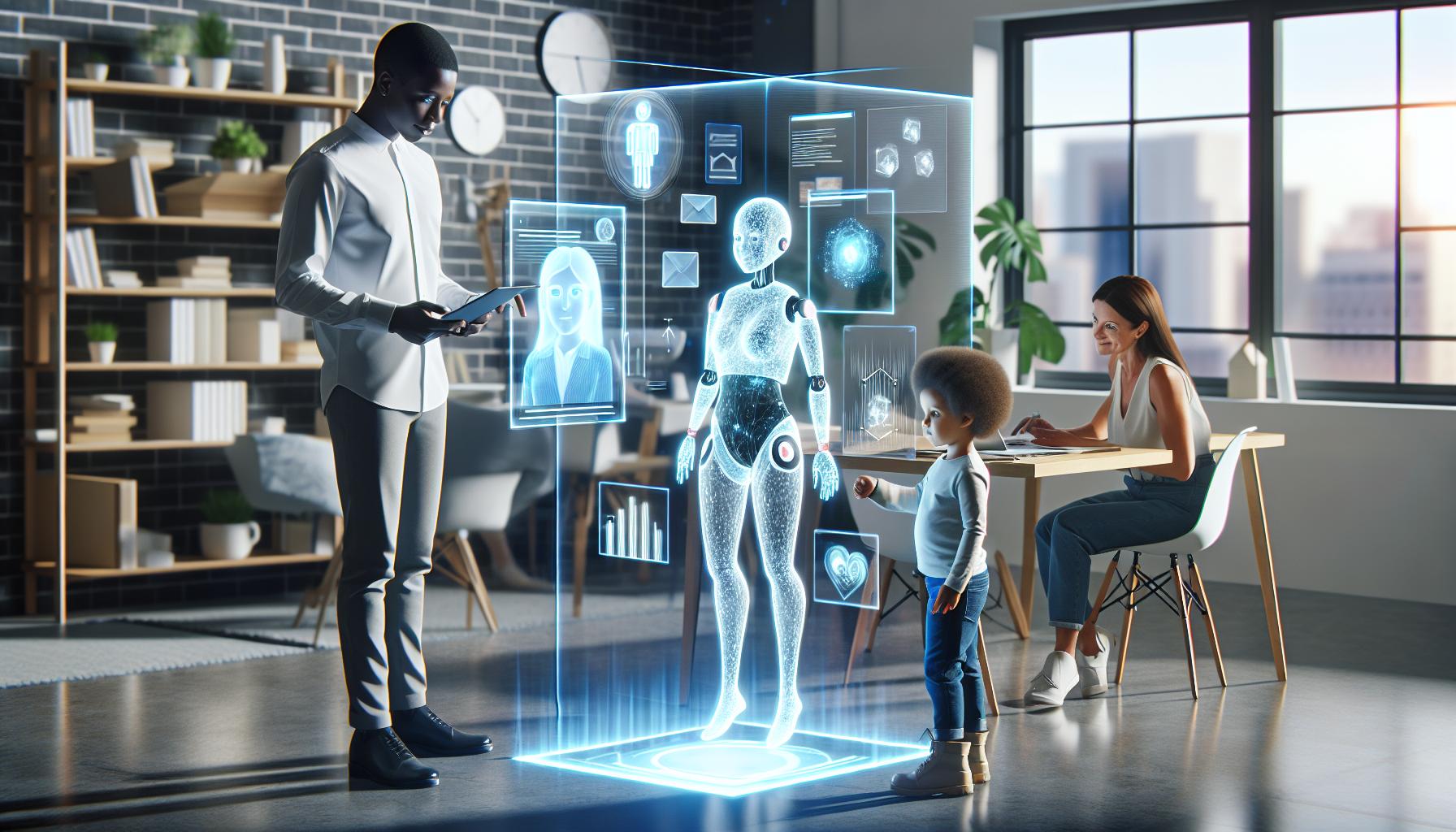Harnessing AI for Creativity and Complexity: A New Paradigm

Unleashing the Potential of A.I. for Higher-Order Tasks
Artificial Intelligence (AI) has infiltrated numerous aspects of our lives and various industrial sectors. Its evolution has amplified human abilities significantly, uniquely reshaping the way we live and work. From streamlining mundane tasks to aiding complex problem-solving, A.I. has played a crucial role in catalyzing change. However, the true potential of A.I. lies in its capacity to tackle redundant tasks, allowing humans to shift their focus towards more creative and high-order tasks.
Reorienting Human Energy through AI
By focusing on tasks that require human ingenuity, creativity, and nuanced understanding, individuals and businesses can unlock previously untapped depths of progress and innovation. Routinized responsibilities can be delegated to AI, while we concentrate on inventing new ideas, fueling innovation, and steering progress. AI's diligent, unerring efficiency at handling routine procedures ensures smooth operations, equipping humans with the head-room to look beyond the ordinary.
AI: The Innovation Catalyst
With the routine tasks catered for, creativity and innovation naturally thrive. AI's role as an innovation catalyst emerges as it creates room for individuals and businesses to explore the unexplored, to question the unquestioned. AI-infused workflows enable businesses to be inventive, to break barriers, and to forge ahead on less trodden paths. Also, it helps in fostering an environment conducive to daring imagination, disruptive technologies, and transformative solutions.
Charting the Course of A.I. and Human Thought
Mirroring human thought in machines continues to be a challenge. While A.I. excels at data-driven tasks, it struggles with nuanced comprehension and creative thought – areas that humans naturally excel at. It's essential to realize that A.I. complements human intelligence; it doesn't substitute it. Identifying potential areas for improvements for A.I. lies in harnessing its potential to synergize with human intuition and creativity, leading to extraordinary outcomes.
Conclusion
As we edge closer to an AI-driven era, we must underscore the importance of human creativity and high-order thinking. A.I. has gifted us the room to explore, innovate and evolve and now, it is upon us to harness this newly gained breathing space effectively. Although significant strides have been made in A.I. capabilities, future endeavors must focus on enhancing AI's sensitivity to human-like thought, fostering a seamless, impactful human-AI cooperation.



